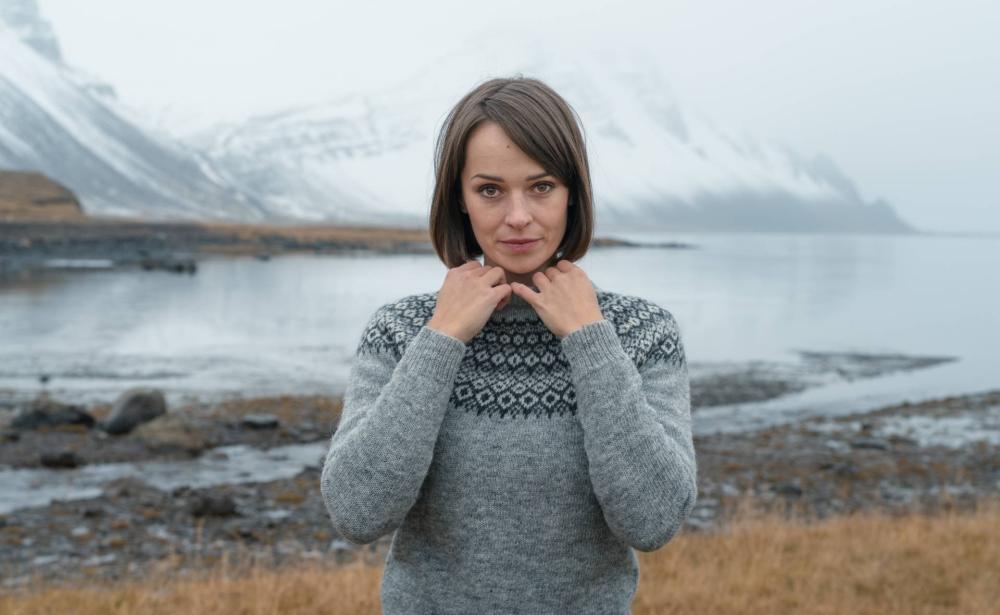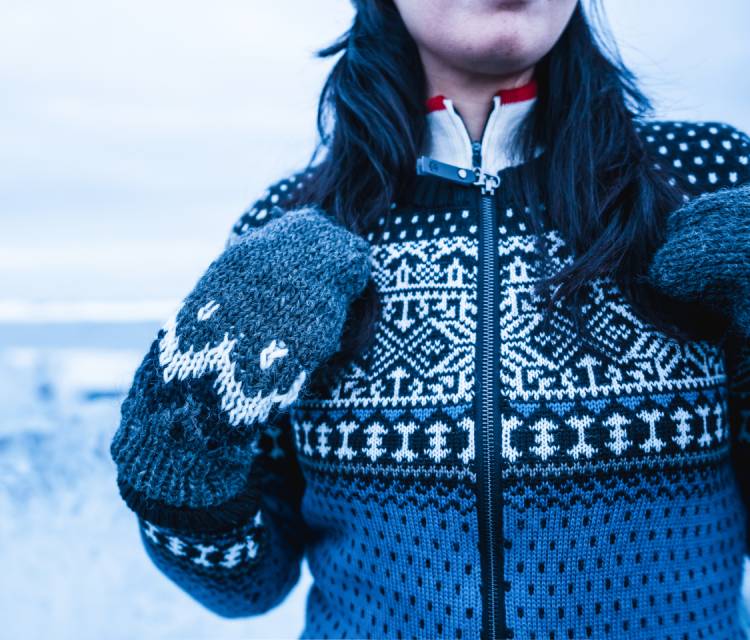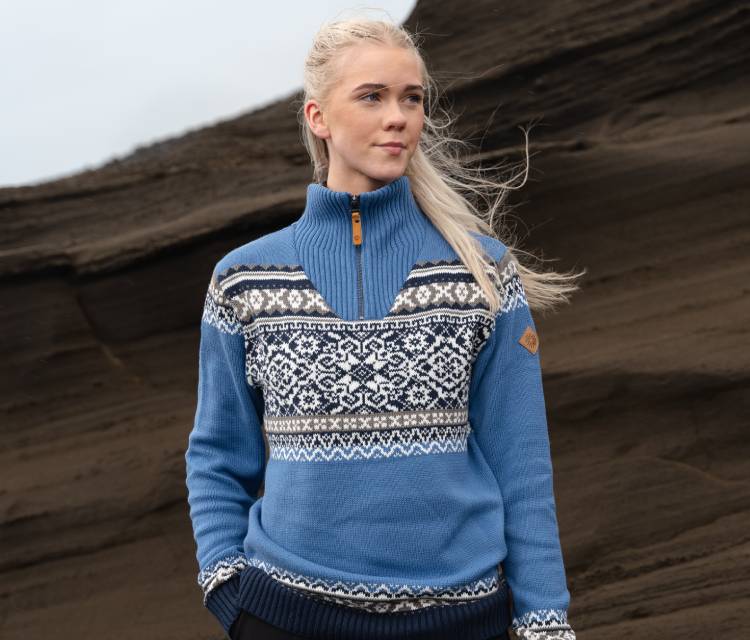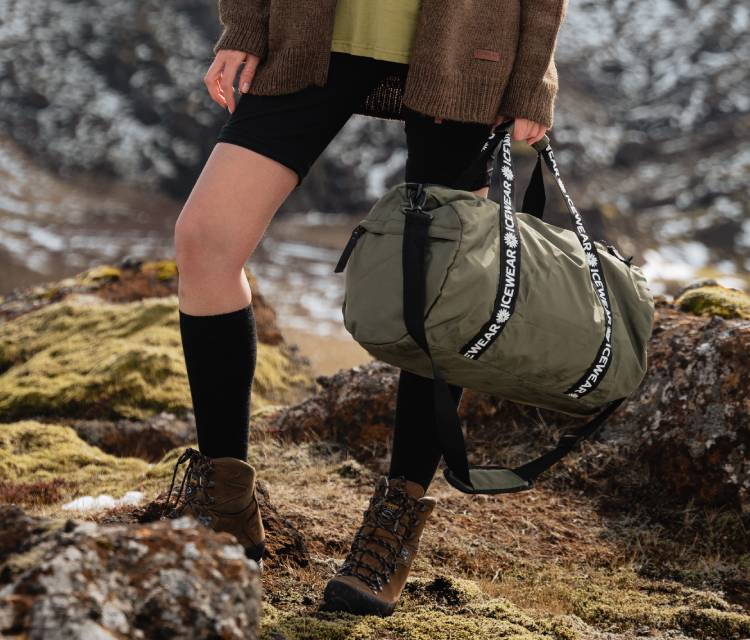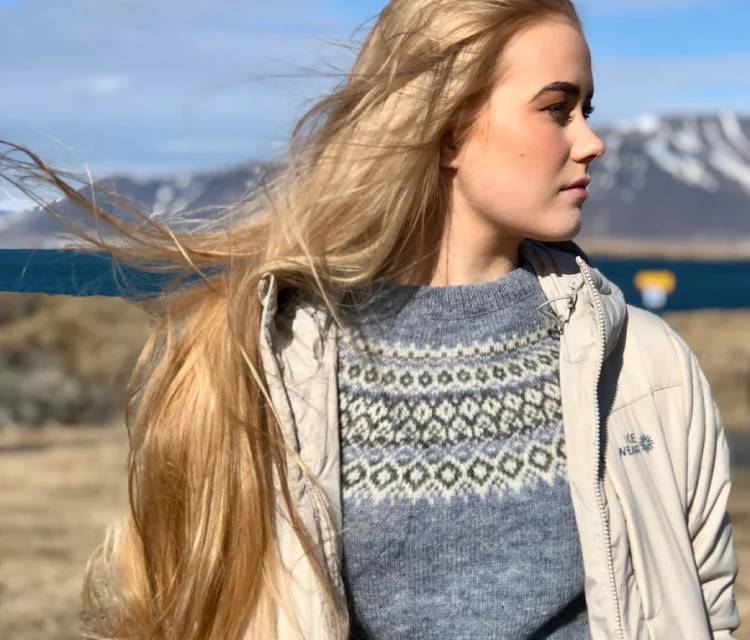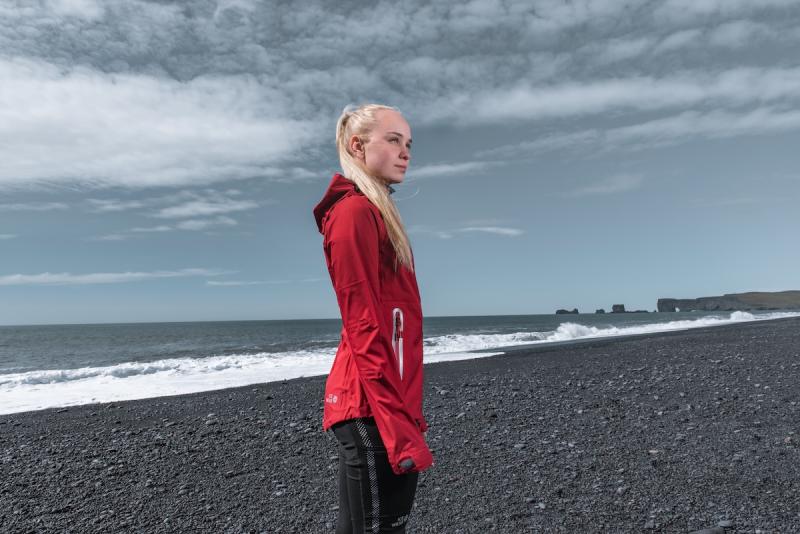Index
- Key findings for Women's Day in Iceland:
- Konudagur: Celebrating Women's Day in Iceland
- Origin of Women's Day in Iceland: the Tradition of Góa
- History of Gender Equality in Iceland
- Icelandic Women's Strike 1975: a Catalyst for Global Change
- Gender Equality in Iceland Today
- Celebrating Konudagur in Iceland: Honoring Women's Contributions
- Women’s Day: the Lasting Rival of Valentine’s Day
- Embracing Strength in Nature: Icelandic Women in Outdoor Sports
- Recognize the Women in Your Life on Konudagur
Key findings for Women's Day in Iceland:
- Women’s Day in Iceland, or Konudagur, has a history rooted in centuries of Icelandic tradition. Today, it represents Iceland’s strides toward gender equality that have helped inspire countries all around the world.
- Women’s Day in Iceland traces back to ancient traditions. The old celebration of Góa, the holiday on the old Icelandic calendar dedicated to women, was observed on the first day of the month “Góa” in the Icelandic calendar (around mid-February).
- Iceland has a history of championing gender equality and setting a global example for women’s rights.
- One high-profile figure in Iceland’s history is Vigdís Finnbogadóttir, who was elected as the world’s first democratically elected female president in 1980.
- The 1975 Icelandic Women’s Strike was a defining moment in the history of gender equality in Iceland and around the world. Women everywhere were inspired to demand equal rights and opportunities.
- Today, Iceland is a global leader in gender equality. The small island nation ranks among the highest for women’s rights and opportunities.
Konudagur: Celebrating Women's Day in Iceland
All over the world, there are national and international holidays that celebrate women. There’s International Women’s Day, Mother’s Day, and many local traditions built around powerful female figures and mythical goddesses from legend and lore.
Women’s Day in Iceland, or Konudagur in Icelandic, stands out as a culturally significant occasion. Its history is rooted in centuries of Icelandic tradition, and today it represents the strides toward gender equality that Iceland has made — and has helped make around the world.
Keep reading to appreciate the tapestry of tradition and gender equality activism in Iceland, and how they both manifest in today’s celebrations for Konudagur.
Origin of Women's Day in Iceland: the Tradition of Góa
Women’s Day in Iceland traces back to ancient traditions. The old celebration of Góa (the holiday on the old Icelandic calendar dedicated to women) was observed on the first day of the month “Góa.” In the modern calendar, that falls in mid-February. The month itself was named after the legend of Góa, said to be the daughter of Þorri (“Thorri” in English). This is why Góa starts right after Þorri ends.
During traditional Góa celebrations, women were honored for their roles in society and their contributions to the community. Góa celebrations were hallmarked with feasts, and communities passed hours reading poems and telling stories. The storytelling, of course, revolved around the experience, wisdom, and resilience of the women in the community. The spirit of this holiday still exists in modern Women’s Day celebrations in Iceland.
As a side note, etymologists aren’t sure about the original meaning of the word “Góa.” It might be related to the Norwegian word gjø, meaning “snowflake.” According to Nordic legend, since Góa was the daughter of Þorri, that made her the granddaughter of Snær (“snow”) and Frosti (“frost”), and also the niece of Mjöll and Drífa (two other Nordic names for “snow”).
History of Gender Equality in Iceland
Iceland has a history of championing gender equality and setting a global example for women’s rights. One high-profile figure in Iceland’s history is Vigdís Finnbogadóttir, who was the world’s first democratically elected female president elected in Iceland in 1980. Finnbogadóttir’s presidency was groundbreaking because it symbolized Iceland’s closing gender parity and paved the way for future female leaders all over the globe.
The journey toward gender equality in Iceland has had other major milestones, too, including the Icelandic Women’s Strike of 1975. This event saw thousands of women walk out of their jobs and homes to protest gender inequality, and the event captured international attention.
Delve into the Women’s Strike of 1975 to understand its historical context and lasting cultural significance.
Icelandic Women's Strike 1975: a Catalyst for Global Change
The 1975 Icelandic Women’s Strike was a defining moment in the history of gender equality in Iceland and around the world. The strike was organized by a feminist group called the Red Stockings who had spent years advocating for women’s rights. The strike was coordinated to call attention to the lasting disparities faced by women in Iceland, including wage inequality and limited access to leadership positions.
The Women’s Strike in Iceland reverberated around the world. Women everywhere were inspired to demand equal rights and opportunities. This strike was the catalyst for a spirit of defiance against pervasive prejudice, and it also united women in solidarity like never before.
The aftermath of the strike included major changes in Iceland to promote gender equality, including legislation to address systemic discrimination.
Gender Equality in Iceland Today
Today, Iceland is a global leader in gender equality. The small island nation ranks among the highest countries in many measures of women’s rights and opportunities. This includes female representation in politics, business, and sports, all of which are arenas where Iceland’s commitment to foster an inclusive society can be seen and felt.
For example:
- High-profile female politicians today include Katrín Jakobsdóttir, Iceland’s Prime Minister. Numerous high-ranking members of her cabinet are women, too, as are the heads of many political parties.
- In the athletic world, athletes like Dagný Brynjarsdóttir (a soccer player) and Aníta Hinriksdóttir (an Olympic track runner) are nationally recognized as celebrated female influences.
- In the business world, entrepreneurs like Birna Einarsdóttir (the former CEO of Islandsbanki) and Guðbjörg Matthíasdóttir (owner of one of Iceland's largest seafood companies, Ísfélags Vestmannaeyja) are examples of women in positions of great power and influence who are known for driving Iceland’s economy forward.
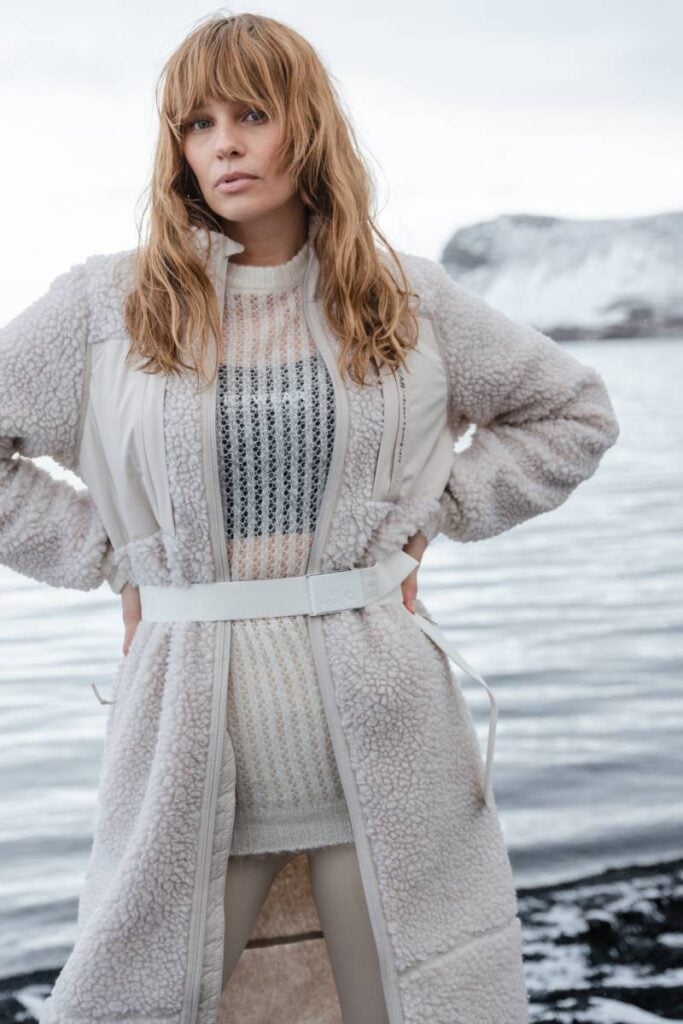
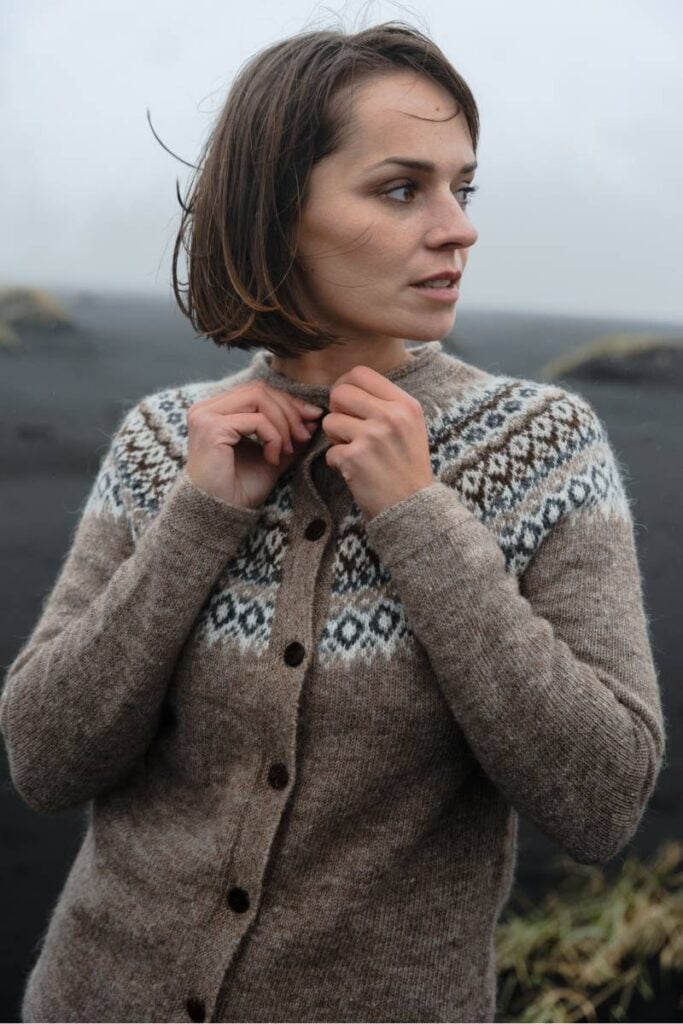
Celebrating Konudagur in Iceland: Honoring Women's Contributions
Konudagur is celebrated in Iceland with customs and traditions that recognize the importance of women in Icelandic culture.
Like Mother’s Day in many parts of the world, one practice on Konudagur is the exchange of flowers and small gifts. Men and children offer presents to the women in their lives, often chocolates, traditional wool gloves and hats, or handmade crafts that express gratitude for these women’s impact.
Konudagur also gives Icelanders an opportunity to come together and celebrate women’s achievements in community gatherings. From cultural performances to art exhibitions and panel discussions on gender equality, Konudagur events reflect Iceland’s lasting commitment to promoting women’s empowerment, especially through ongoing dialog on crucial social issues.
As Konudagur continues to be celebrated across Iceland, it serves as a lasting reminder of the resilience of women and their contributions to society, in Iceland and beyond.
Women’s Day: the Lasting Rival of Valentine’s Day
Konudagur is often spoken of in the same breath with Bóndadagur (Husband’s Day). Together, these are Iceland’s way of celebrating love. Instead of celebrating love between two people (as other countries do on Valentine’s Day), they celebrate the individuals one by one for their contributions.
That said, Women’s Day in Iceland is becoming increasingly associated with Valentine’s Day, especially since it falls within a couple weeks of Valentine’s Day on the calendar. Husband’s Day is celebrated in January, then Valentine’s Day usually comes before Konudagur. Many of the same chocolates and treats made popular by Cupid are now popping up as gifts on Konudagur.
Embracing Strength in Nature: Icelandic Women in Outdoor Sports
One of the enduring symbols of women’s resilience and strength in Iceland has been their centuries-long love for outdoor activities amidst the breathtaking landscapes of Iceland.
Hiking, mountain climbing, and camping aren’t just hobbies in Iceland: they’re cherished pastimes enjoyed equally by men and women. In Iceland, the gender lines don’t reach the outdoors. There’s a universal appreciation for the rugged beauty of the land of Fire and Ice. The catalog of women’s outdoor clothing and gear at Icewear is the manifestation of this universal passion.
Women’s Day in Iceland is a reminder of the progress made in advancing gender equality and also of the ongoing work needed to ensure that all women have the opportunity to thrive. As Iceland continues to celebrate the achievements of its women, past and present, the spirit of Góa lives on and inspires future generations to embrace their resilience and full potential.
Recognize the Women in Your Life on Konudagur
You can recognize the women in your life on Konudagur, too. Whether it’s your mother, sister, friend, mentor, or colleague, there are countless ways to express gratitude for these women’s contributions and support.
Consider taking the time to write a heartfelt letter expressing your appreciation for each of these women and the roles they play in your life. Or plan a social outing or activity together. Maybe you can even channel the rugged resilience of Góa and plan an outdoor adventure. Even small gestures, like cooking a homemade meal or offering to help with errands, can make a big impact and show your appreciation in a genuine way.
One final idea is especially fitting for Konudagur celebrations in Iceland: make a crafty gift or keepsake that reflects the interests or passions of a women in your life. This could be a handmade piece of jewelry, a scrapbook of memories, or a custom playlist of her favorite songs. The effort behind the gift will show your gratitude in a touching way.
The most important thing on Konudagur is to show genuine appreciation and gratitude for the women who impact your life every day. Take the time to acknowledge their contributions and express thanks. You’ll strengthen your relationship and deepen your connection with all the women in your life, for your benefit and for theirs.
Sources
https://genderdata.worldbank.org/countries/iceland/
https://www.nbforum.com/nbreport/top-20-women-in-business-in-northern-europe/
https://grapevine.is/icelandic-culture/2018/02/16/konudagur-womens-day-in-iceland/
https://www.government.is/ministries/ministry-of-social-affairs-and-labour/
https://www3.weforum.org/docs/WEF_GGGR_2020.pdf
https://guidetoiceland.is/
https://seatrips.is/konudagur/

